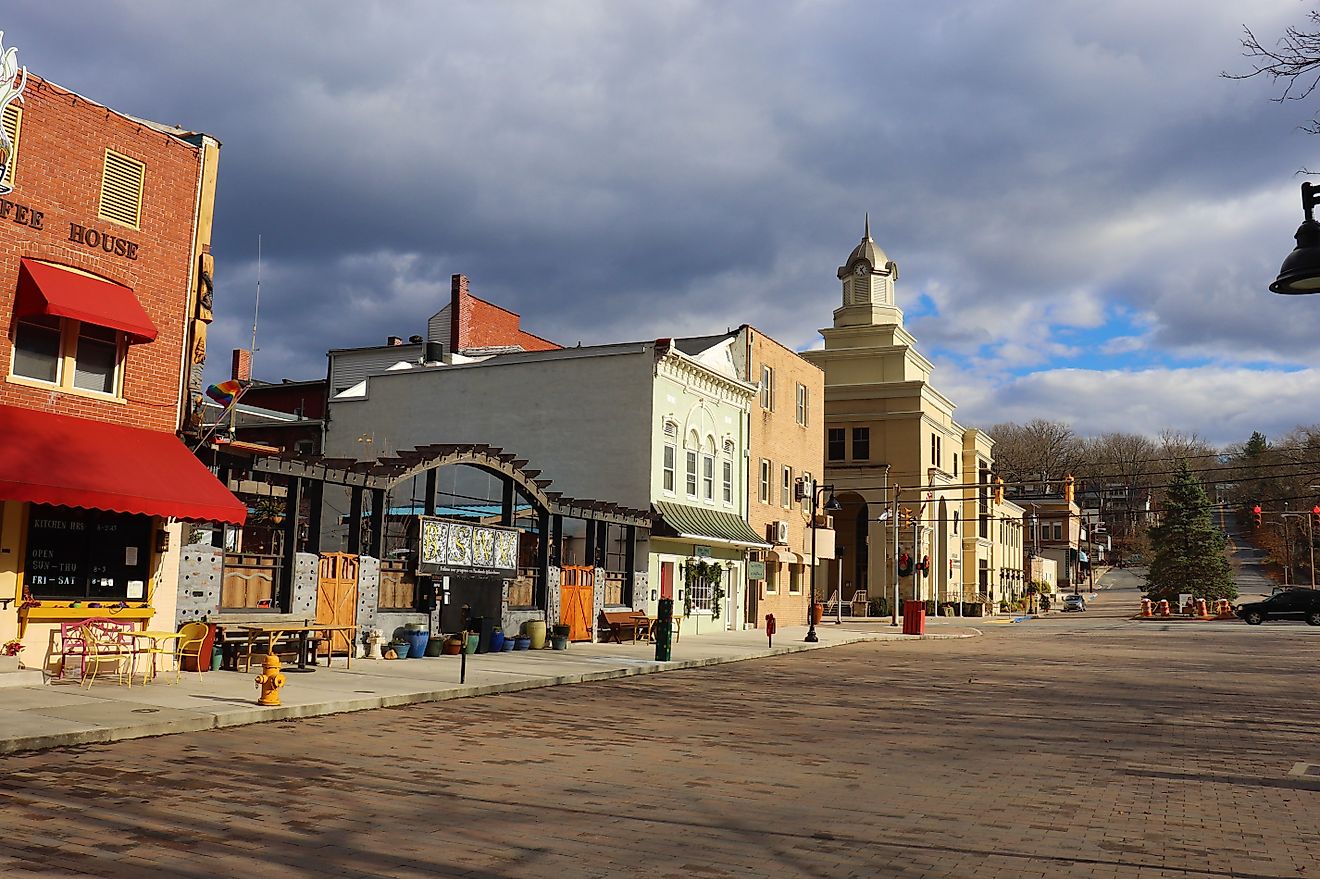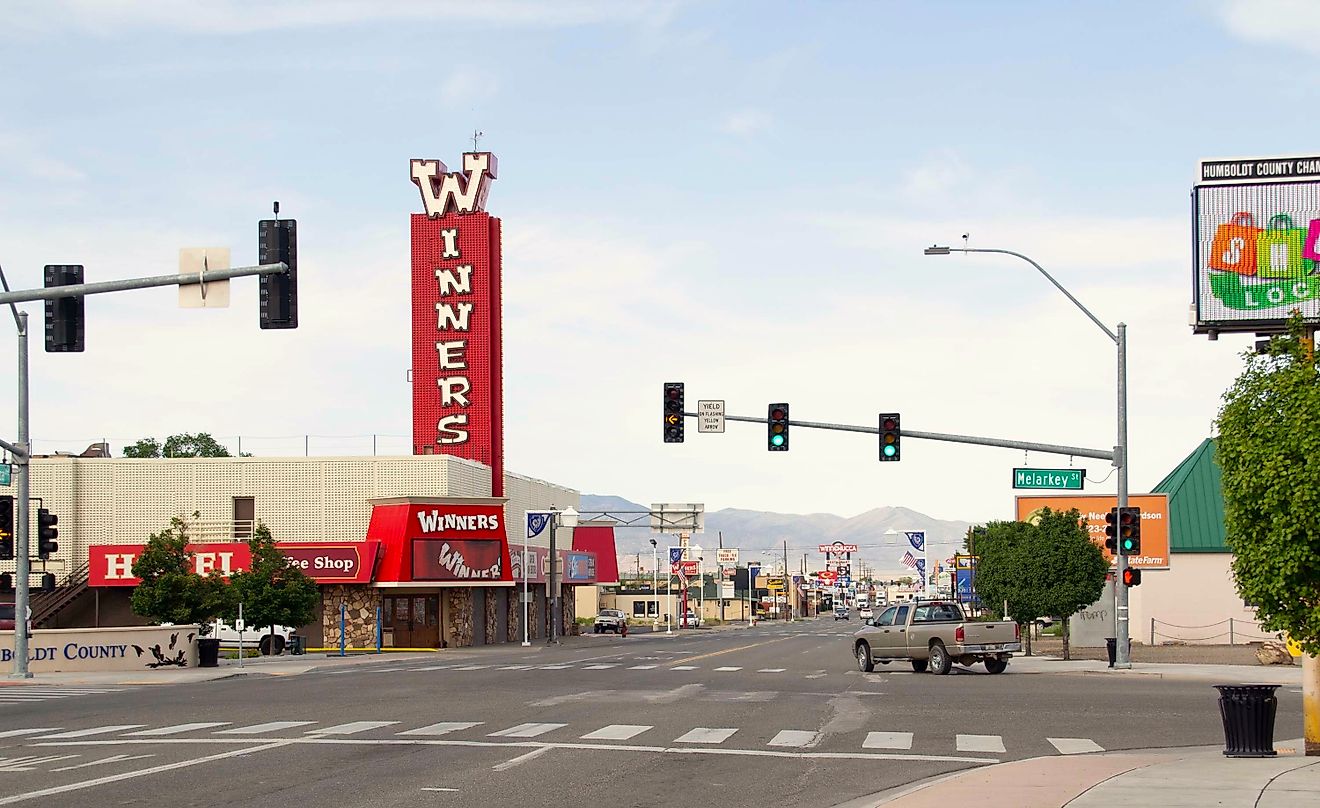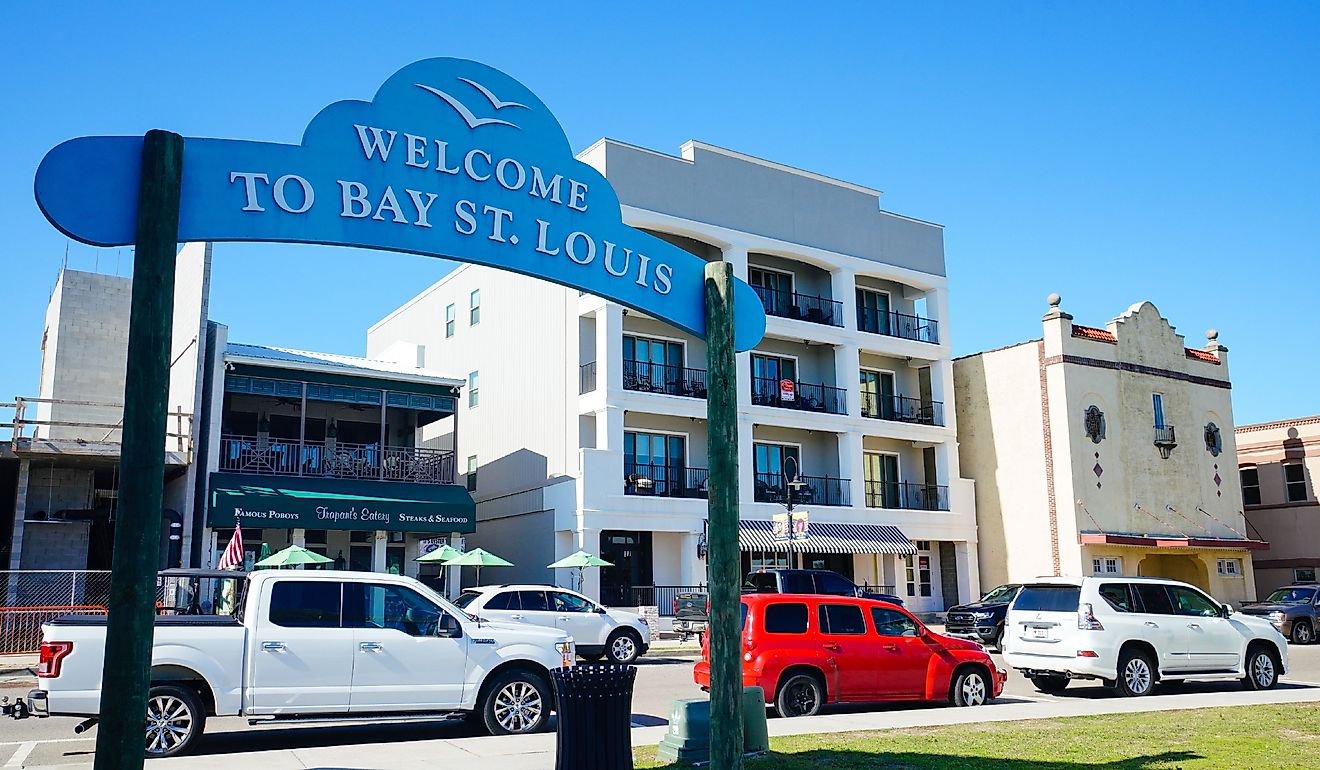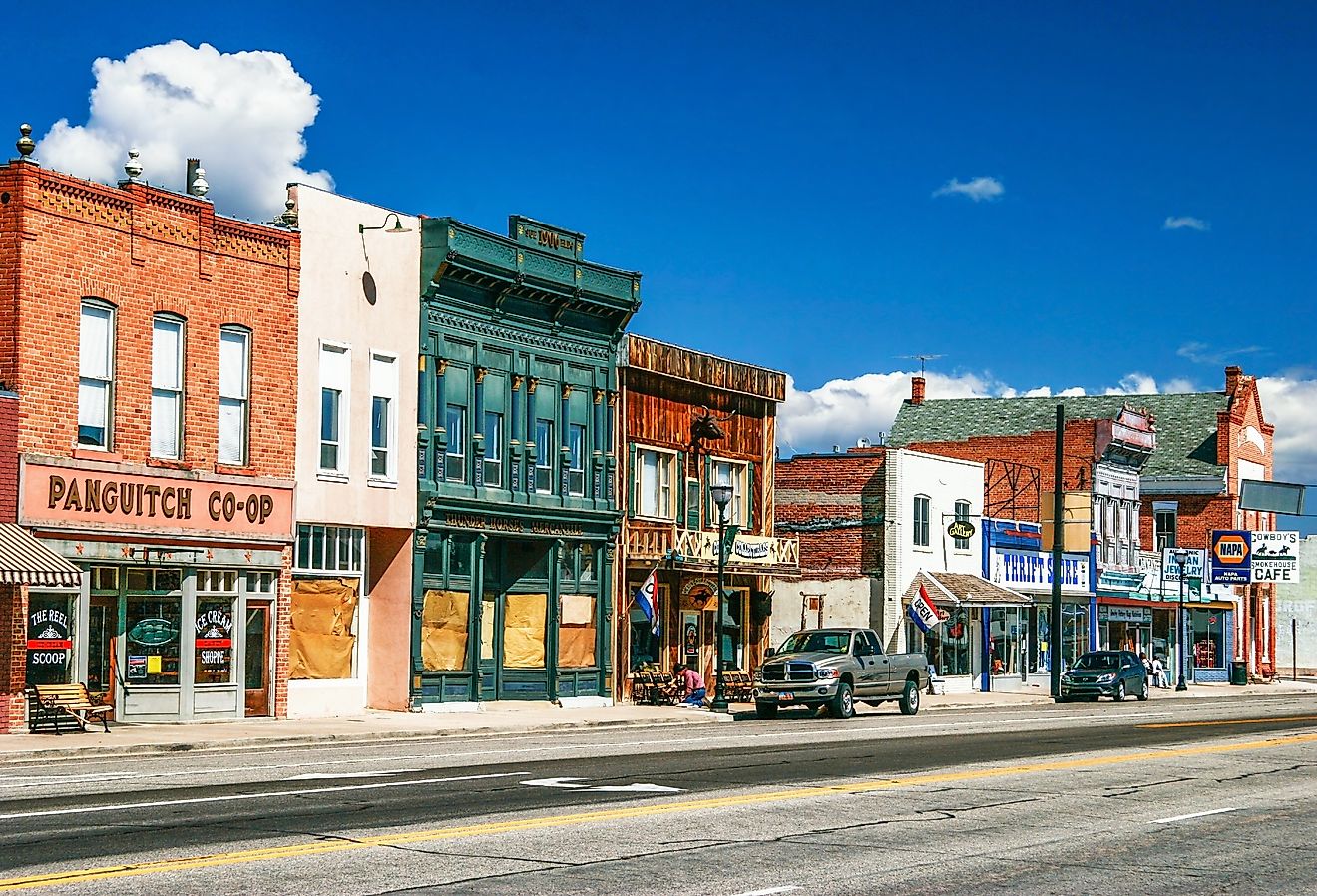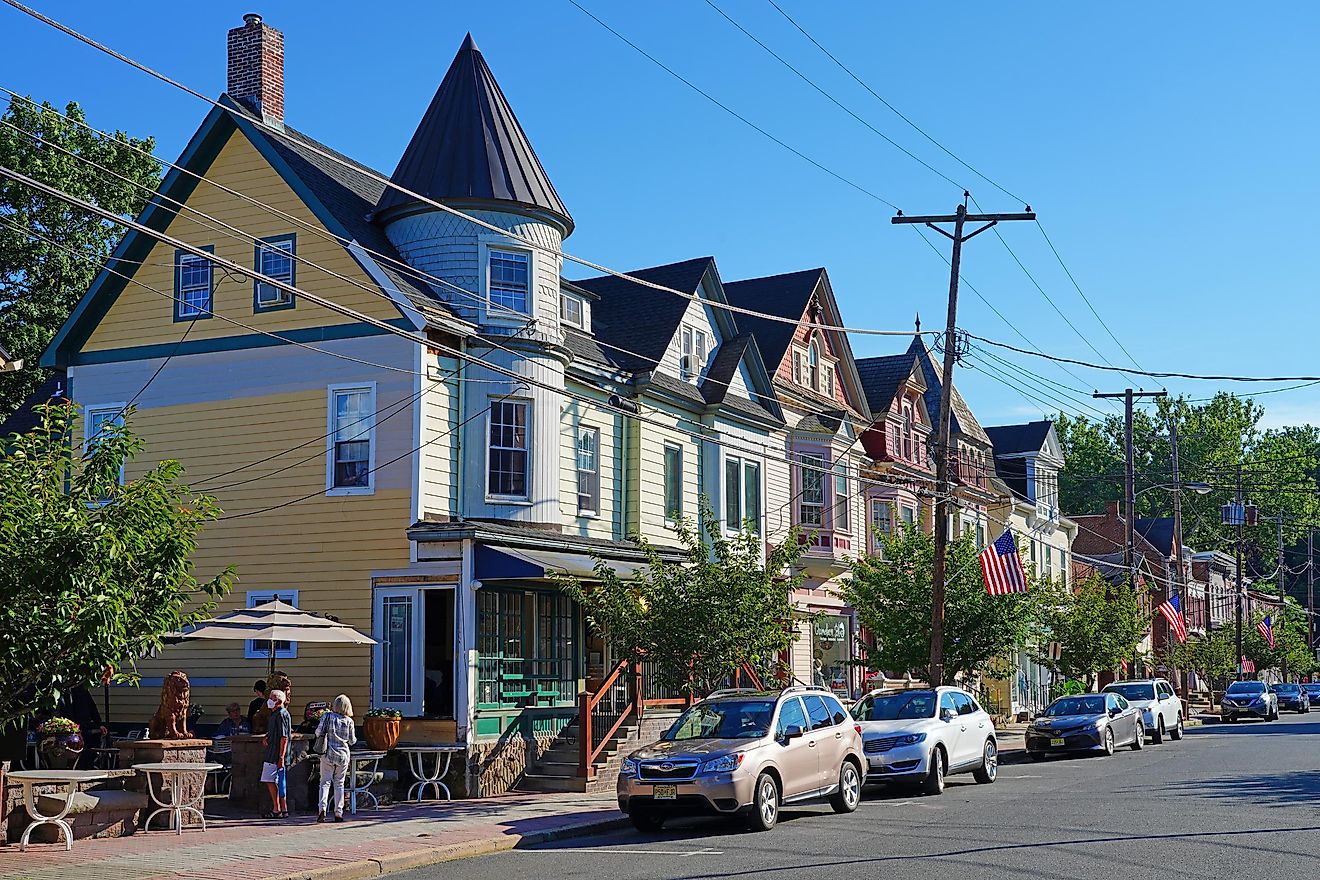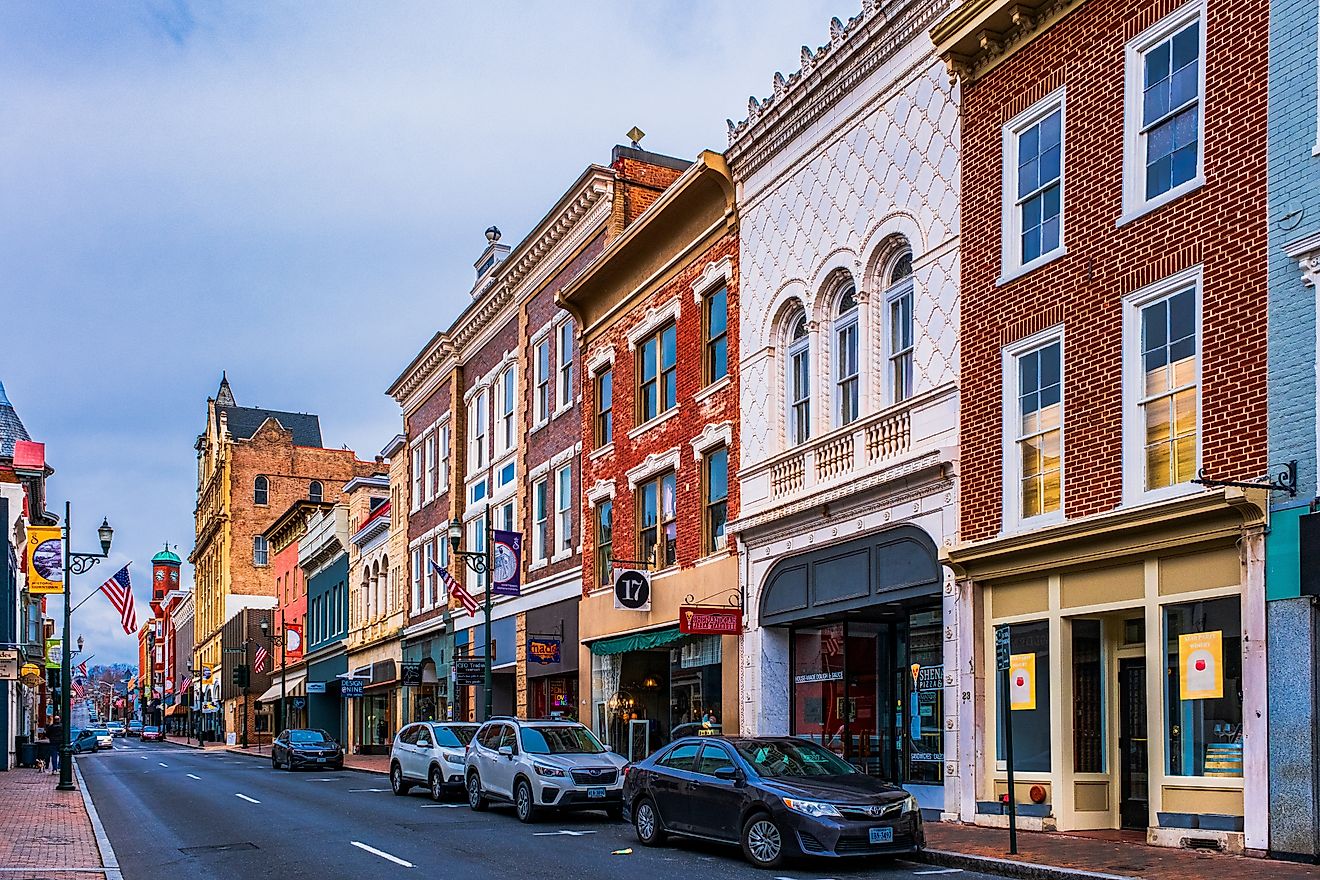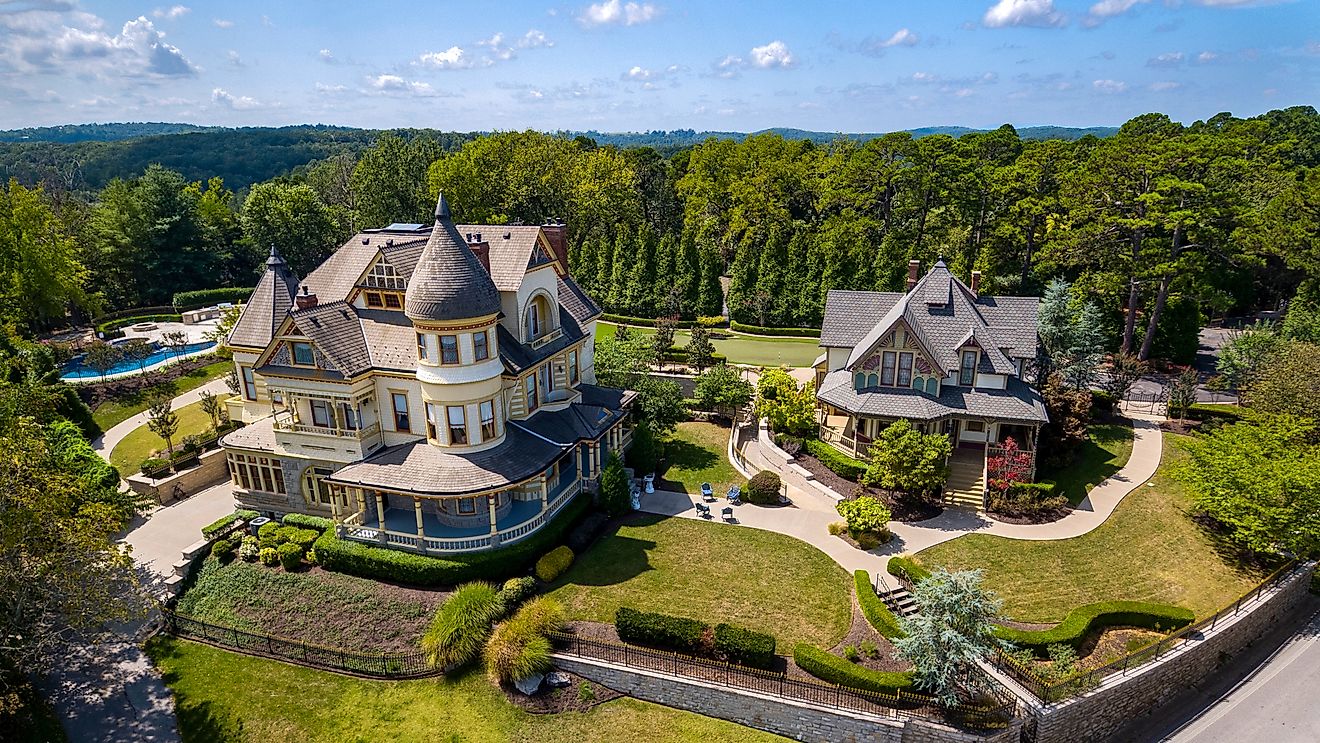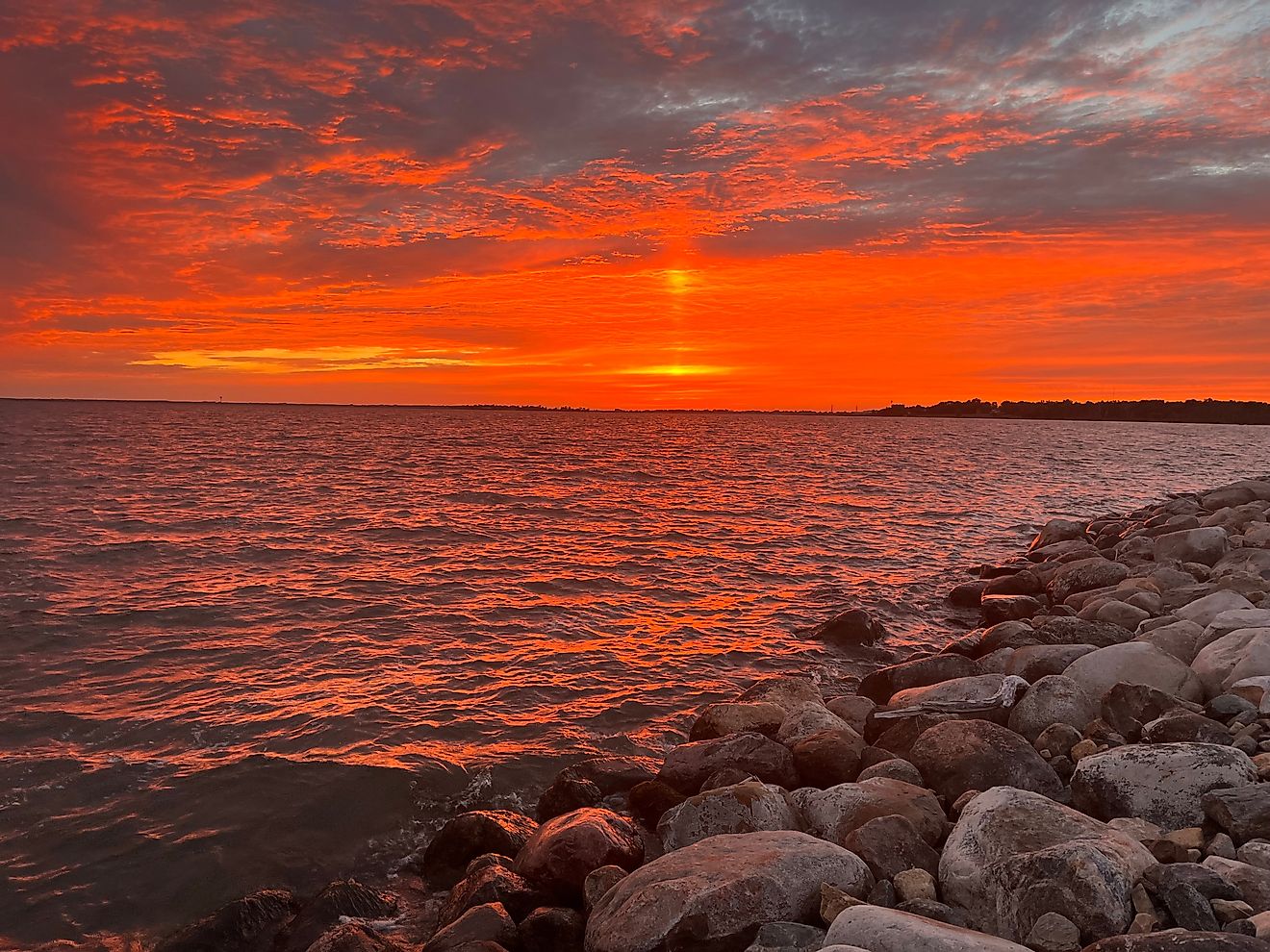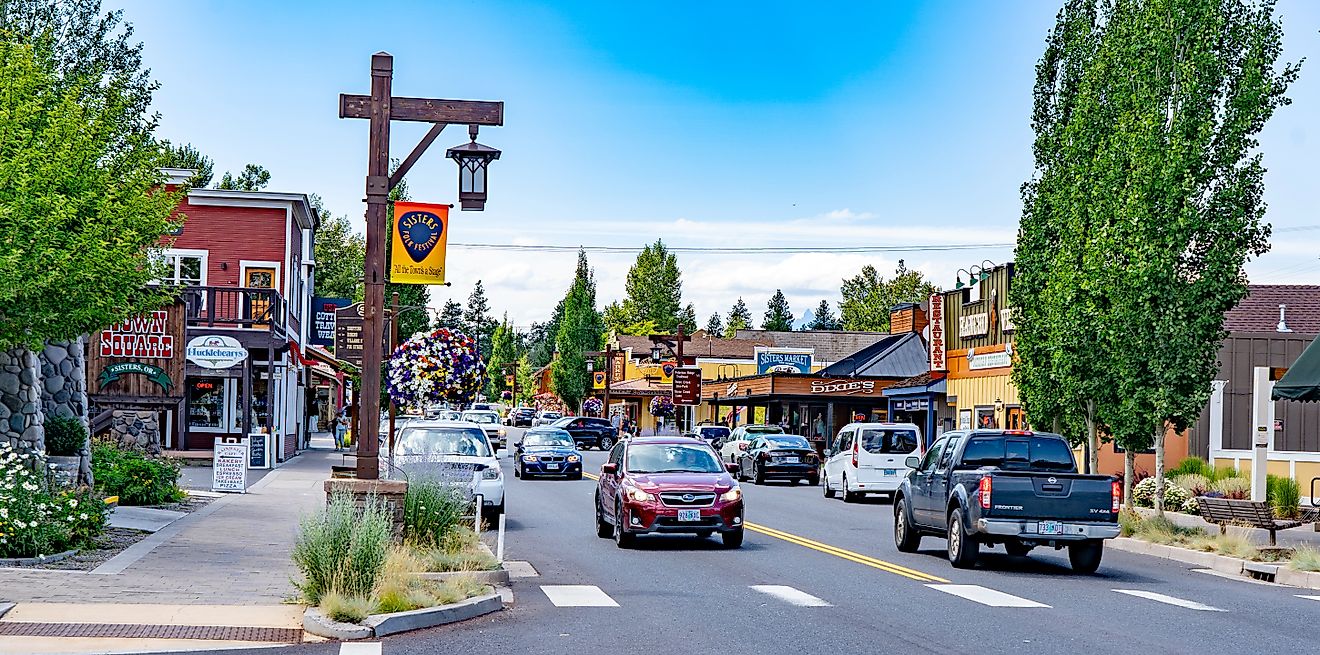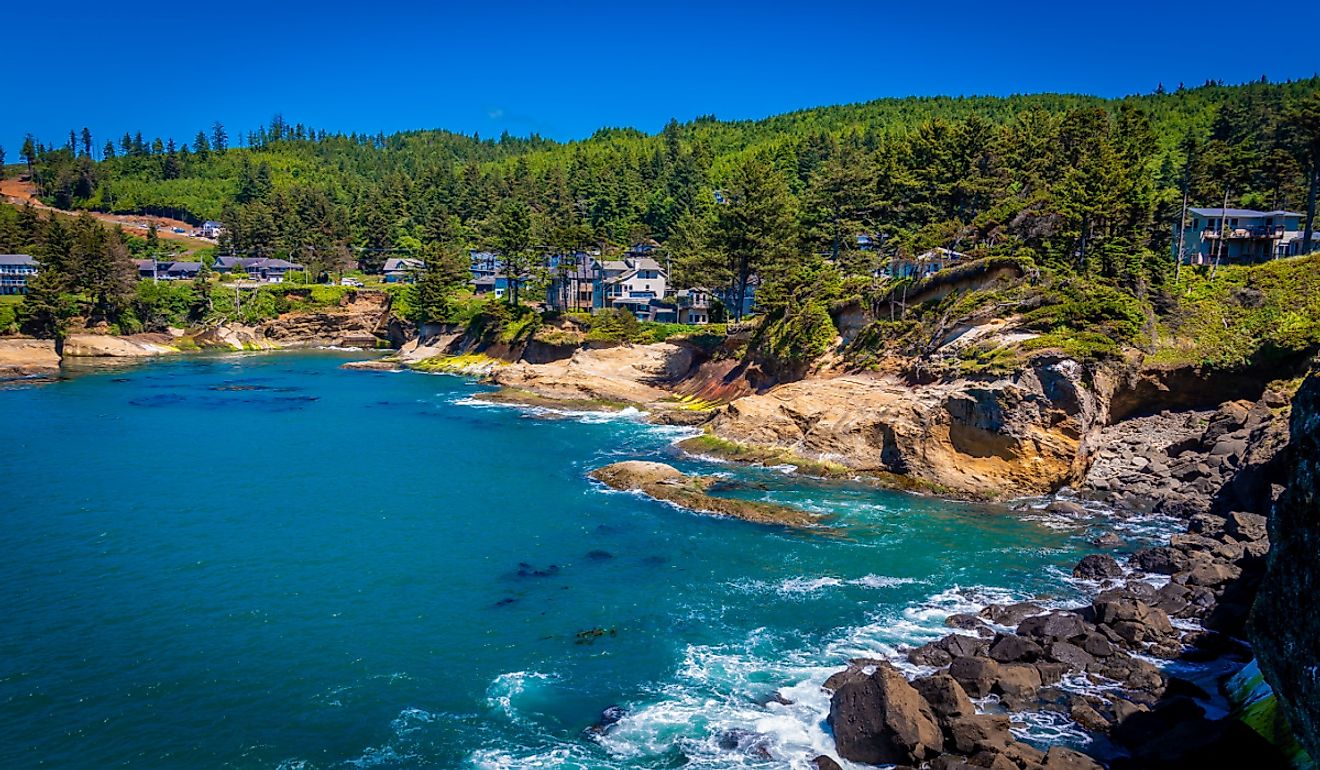
Chesapeake, Virginia
Chesapeake is a diverse independent city situated in the South Hampton Roads region of the metropolitan area of the US state of Virginia. Stretching over 910 sq. km, with few urban areas as well as many square kilometers of protected farmland, forests, and wetlands, the city was ranked as the second-largest city in the state, containing more miles of deepwater canals than any other city in the country. Chesapeake was ranked as the 10th largest city in the Mid-Atlantic States and one of the five safest cities of its size in the US, neighboring the world's largest natural harbor and the world's most extensive naval base.
Geography And Climate Of Chesapeake
Chesapeake is located in southeastern Virginia, a part of the Atlantic Intracoastal Waterway, and extends from the rural border with North Carolina to the harbor area of Hampton Roads, bordering the cities of Suffolk, Norfolk, Virginia Beach, and Portsmouth. Chesapeake is home to a vast wetland area covering a significant part of its overall area, encompassing sections of farmland and portions of the hand-dug Great Dismal Swamp.
Chesapeake climate is humid subtropical, holding four distinct seasons with hot & humid summers and mildly cold winters. The skies are partly cloudy, with significant rainfall throughout the whole year. Temperatures vary according to the season from 1 °C to 31 °C and are rarely below -6 °C or above 35 °C. For tourists, the perfect time to visit Chesapeake for warm-weather activities are in late May and from late August to mid-October.
Brief History Of Chesapeake
Chesapeake was settled by the English Colonials in the early 1630s, after being home to Chesapeake indigenous tribes. During the American Revolution in December 1775, the city hosted the Battle of Great Bridge between the British and the Americans, resulting in the removal of the British Government from the Colony of Virginia. During the American Civil War in 1861, although no battles were fought in the Chesapeake area, the city was entirely destroyed by the Union troops. Until the late 1980s and 1990s, Chesapeake remained relatively rural or suburban, where residents typically commuted from nearby larger cities. When the war ended, Norfolk County took advantage of its abundant natural resources by the early 1900s to recover quickly from the wartime destruction, with significant growth in both the population and economy. Today’s Chesapeake city was formed through the merger of the city of South Norfolk and Norfolk County in 1963. The young city began to develop after that, introducing a network of city services, infrastructure, and projects, serving the fast growth of its current urban life.
The Population And Economy Of Chesapeake
Due to the fascinating quality of life in Chesapeake, the city has been attracting residents since it started booming. The current population of Chesapeake is 249,242 residents, with 94.11% of them born in the United States and 51.68% were born in Virginia. Around 2.32% of those residents are not US citizens. The largest percentage of those not born in the United States are from Latin America. Having a strategic location as a transportation hub, in addition to its diverse yet strong and highly skilled workforces in the US, Chesapeake has been attracting international businesses to the city, showing great success in developing and retaining new and existing companies that have an impact and strong community presence. In another economic perspective showing taxes and figures, a recent survey showed that the average income of a Chesapeake resident is $29,735 a year, with an unemployment rate of 5%. As for Tax rates, the city has a 6.0% sales tax and 5.8% income tax.
Top Attractions In Chesapeake
Dismal Swamp Canal

One of the top attractions that are considered a must-see in Chesapeake is the Dismal Swamp Canal, which was built in the early 1790s, and is recognized as the oldest, continuously operating waterway in the United States serving as a trade route from Virginia to North Carolina. Today, the canal is part of the Intracoastal Waterway, offering the boaters navigation between the Chesapeake Bay and the Albemarle Sound.
Lake Drummond

Another attraction is Lake Drummond, which feeds the canal, offering its boaters, magnificent terrain views, and glimpses of its diverse wildlife. One can also explore the city by hiking trails and visiting recreational parks around the city, or swinging by the Chesapeake Arboretum.
Museums
Besides the above outdoor natural attractions, Chesapeake offers a lot of cultural and historical museums & heritage trails displaying how the past of this storied region has influenced a nation. Furthermore, the city has several vibrant shopping malls and restaurants that entertain first-time tourists as well as local residents.
With its warm, welcoming community, Chesapeake is a unique combination of rural and urban centers, and a hotbed for professional athletes and celebrities, who are taking advantage of its vibrant lifestyle, blended with what its extended nature has to offer.
